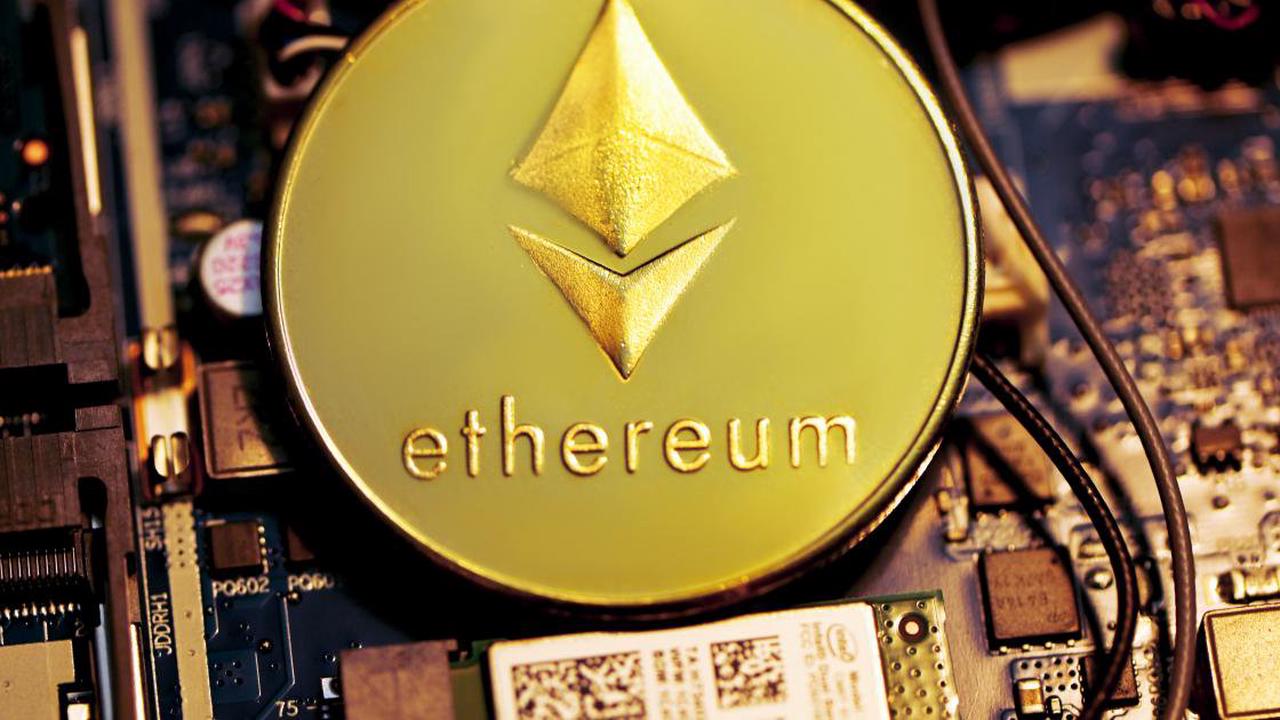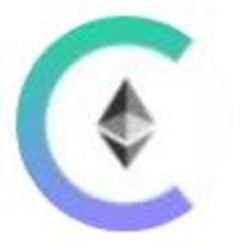Ultrasound.money Review: Why I think Ethereum is on its way to becoming Ultra-Sound Money

 Views: 817
Views: 817
| URL | PUBLISHED ON | POSTED BY |
|---|---|---|
| September 30, 2021 | Nadia Spence |
Have you heard of Ultrasound.money?The "crypto" in advanced monetary forms suggests jumbled cryptography considers creating and planning of electronic money-related structures and their trades across decentralized system.Close by this significant "crypto" component of these monetary forms is a typical obligation to decentralization; digital currencies are normally evolved as code by groups who work in instruments for issuance (regularly, albeit not generally, through a cycle called "mining") and different controls.
Ethereum is a decentralized programming stage that enables adroit arrangements and decentralized applications to be collected and run with no close to home time, blackmail, control, or impedance from an untouchable. The target behind Ethereum is to make a decentralized set-up of financial things that anyone in the world can wholeheartedly get to, paying little brain to identity, ethnicity, or confidence.This point makes the implications for those in specific countries persuading, as those without state system and state recognizing bits of confirmation can acquire induction to records, credits, assurance, or a variety of other financial things.
My understanding of Ultrasound.money
UltraSound.Money is intended to be cash that is against inflationary to the place of being deflationary. Alongside parts of asserted productive security. Sound cash, nonetheless, isn't actually regarding that, it is explicitly cash that emerges normally available and has a steady buying power. For cash to have a steady buying influence, the stockpile should be to some degree versatile. To flex with seasons of appeal for cash and low interest.
For Ethereum to be Ultrasound.money it should be, indeed, more strong than Bitcoin. Here's the way that may occur. To start with, the execution of EIP-1559. This is a move up to Ethereum which changes how diggers are boosted and presents the potential (yet not the assurance) that Ethereum will become deflationary.
It does this by changing the Ethereum exchange financial aspects so the base expense is as of now not given to diggers but instead obliterated. This makes some descending tension on the Ethereum supply—however not enough to neutralize the measure of new Ethereum made as an award for excavators.
Transition to the proof of stake model
The thought behind confirmation of stake is that the blockchain can be gotten all the more just if you give a gathering of individuals incentive motivations to team up in checking and cross-checking exchanges.
Any individual who sets up, or stakes, 32 Ether can partake. (Ether, the coin used to work the Ethereum framework, arrived at upsides of more than $4,000 in May.) People in that pool are picked indiscriminately to be "validators" of a bunch of exchanges, a job that expects them to arrange the exchanges and propose the subsequent square to the organization.
Validators share that new lump of blockchain with a gathering of individuals from the pool who are picked to be "attestors." at least 128 attestors are needed for some random square method. The attestors survey the validator's work and either acknowledge it or reject it. In case it's acknowledged, both the validators and the attestors are given free Ether.
What is the advantage of using proof of stake?
It's an idea that changing to verification of stakes would cut Ethereum's energy use, assessed at 45,000 gigawatt-hours by 99.9%. Like some other endeavor contingent upon distributed computing, its carbon impression would then just be that of its workers. It additionally is relied upon to speed up. That is significant for Ethereum, which has aspirations of turning into a stage for a huge scope of monetary and business exchanges. At present, Ethereum handles around 30 exchanges each second. With sharding, Vitalik Buterin, the designer of Ethereum, feels that could go to 100,000 every second.
What is the downside of proof of stake?
In a proof of stake framework, it would be more earnestly than in a proof of work framework for a gathering to deal with the interaction, yet it would, in any case, be conceivable: The more Ether an individual or gathering stakes, the better the shot at being picked as a validator or attestor. Financial disincentives have been set up to prevent conduct that is terrible for the organization. For instance, a validator that attempts to control the cycle could lose part of the 32 Ether they have marked. The issue lies at the core of the test of decentralized frameworks.
The Ultrasound.money problem
There's no assurance that Ethereum will become deflationary. It's conceivable, for instance, that as more exchanges move to Layer 2 arrangements there will not be as much interest for exchanges on the Ethereum base-layer, and there isn't sufficient action to flip Ethereum to deflation.
It's likewise conceivable that it takes to wind up unloading the vast majority of their acquired Ethereum available as a kind of revenue, and not as much gets secured up marking contracts as we anticipate.
I don't think these are the most probable prospects, yet they are potential fates we need to perceive. And keeping in mind that the Ethereum people group may reprimand Bitcoin for essentially being a similar item it was 10 years prior, that is likewise its solidarity. Bitcoin is as of now solid. It's incorporated into its code. It doesn't need to transform anything or expectations for a specific future.
Ethereum then again needs to get past these two major changes to its convention and a specific vision of things to come must be figured out.
My final thoughts on Ultrasound.money
The idea of Ethereum changing money-related arrangements to become something that ought to be safe from a financial approach is somewhat of an inconsistency. The entire super strong cash measures its theory.
Presently to be clear I don't think this implies the cost of Ethereum will not go up, or that it will not flip Bitcoin's market cap, or that it will not be the monetary layer of the Internet. I think those are largely evident. In any case, I think the Ethereum people group is getting voracious: there's no explanation it needs to likewise be the sound cash layer. Also, Ethereum's qualities around programmability and improvability subvert its capacity to be a solid store of significant worth.
To me a fascinating future is one where Bitcoin keeps on being a solid, strong, store of significant worth. Something you can hold and not have any desire to do much else with. Ethereum can be the financialization layer: dealing with everything from shared exchanges to choices and home loans. The definancialization contentions are heartfelt, yet I don't believe we will return the feline to the sack since we realize how to play every one of these different games with our riches.
Contrasting current Ethereum financial aspects and what is being proposed. Initially, 1559 adds a variable base charge that changes progressively with the organization's interest, and that expense is scorched. Then, at that point, gas utilized and gas value rolled up and became gas premium or the digger tip for the excavator lady. And all that goes to the excavators. Then, at that point, in conclusion, the gas limit turns into a charge cap hence the need to look closely at Ultrasound.money.
So 1559 has four primary objectives, the first being to make exchange expenses far more unsurprising for end clients. It likewise plans to decrease deferrals and exchange affirmations. At last, it ought to further develop the end-client experience via mechanizing the expense offering framework.
Ultrasound.money is here to stay, you need to find out more before you engage.
Reviews By Other Customers
Write A Review
Mining Techn Group OU
Mining Techn Group OU is the sole owner of miningwatchdog.com
Mining Techn Group OU Registration number 16235478
Email: [email protected]
© 2019 - 2024 Miningwatchdog.com. Mining Techn Group Ou
 $68,121.00
$68,121.00
 $3,280.62
$3,280.62
 $2,658.40
$2,658.40
 $2,333.16
$2,333.16
 $588.33
$588.33
 $382.67
$382.67
 $294.43
$294.43
 $162.28
$162.28
 $73.20
$73.20
 $100.09
$100.09
 $71.53
$71.53
 $74.47
$74.47
 $46.19
$46.19

